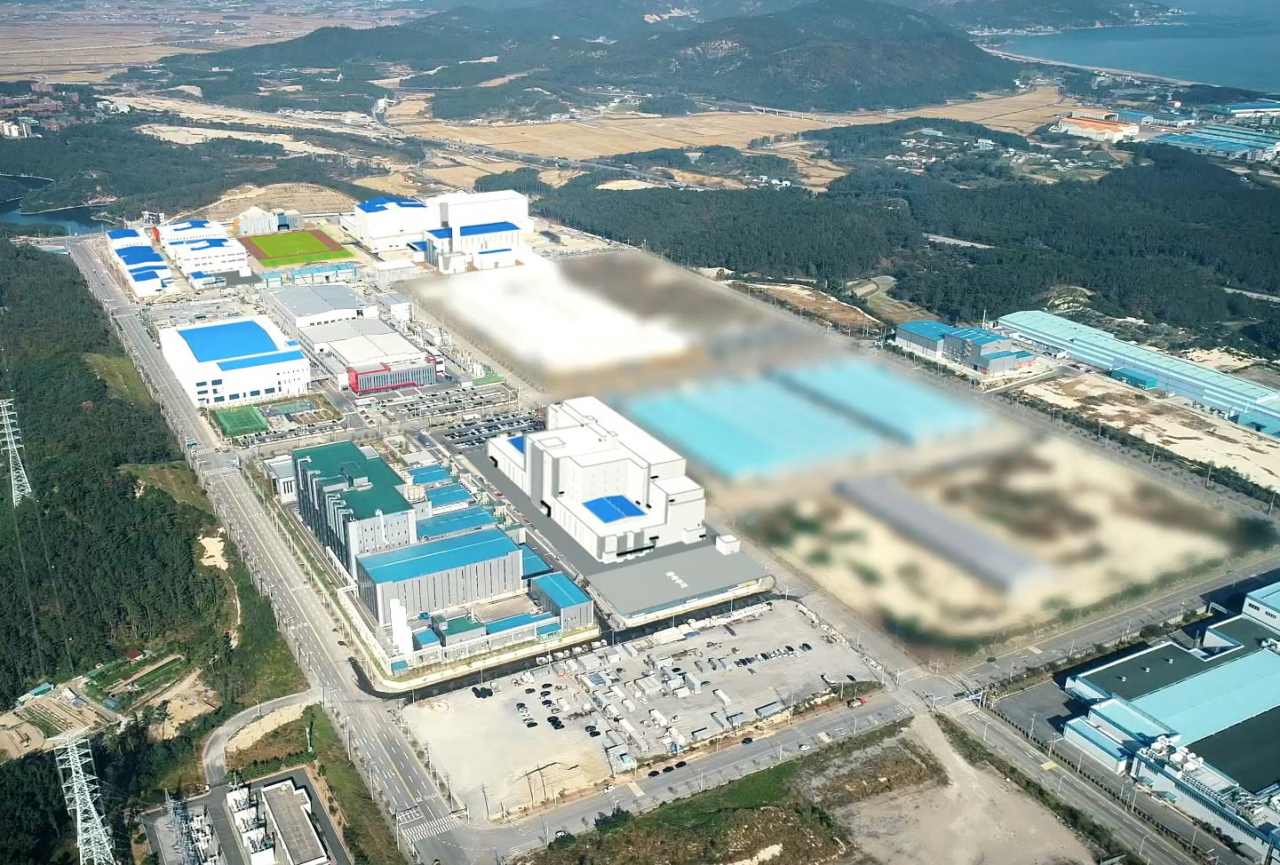EcoPro vows to accelerate closed-loop EV battery recycling
By Byun Hye-jinPublished : Sept. 15, 2023 - 16:07

South Korean battery materials manufacturer EcoPro said Friday it will boost its closed-loop electric vehicle battery recycling business amid rising concerns over battery waste disposal.
Closed-loop recycling refers to the process that can convert a used product back into raw materials to create a new version of the same product.
EcoPro operates a battery recycling value chain called Eco-battery Pohang Campus in North Gyeongsang Province where its six subsidiaries -- EcoPro CnG, EcoPro Innovation, EcoPro Materials, EcoPro AP, EcoPro BM and EcoPro EM take part in extracting minerals such as lithium, nickel cobalt and manganese.
“The global market size of lithium-ion battery recycling is expected to surge to $57 billion in 2040 from $300 million in 2022,” said Park Suk-joon, vice president of EcoPro. Park made the remarks on Friday during the two-day Korea Advanced Battery Conference 2023 hosted by SNE Research in Seoul.
“We expect the market to witness meaningful growth from 2027, pushing companies to secure enough used or waste batteries. EcoPro already forged a deal with LG Energy Solution’s two plants in Poland and Ochang, (Korea) to receive waste batteries,” he said.
Park noted tighter regulations on reducing the battery carbon footprint, citing the European Union’s mandatory rule scheduled to take effect in 2030. It requires 12 percent of cobalt, 4 percent of nickel and 4 percent of lithium to be recycled during the battery manufacturing process from 2030.
EcoPro said its recycling technology enables a higher lithium recovery rate of over 98 percent compared to its rivals and eco-friendlier processing, which leaves little chemical reactant and wastewater.
“Unlike most other companies that adds sodium carbonate in the waste solution that is left after retrieving nickel, cobalt and manganese to extract lithium carbonate, we use the chemical precipitation method to separate the three materials that leave lithium in the form of lithium solution,” said Park.
The company owns three patents in lithium, nickel, cobalt and manganese extraction from waste lithium-ion batteries. It also has two patents -- one for retrieving lithium from hard rocks using an eco-friendly method and the other in recognition of setting up a large-scale lithium hydroxide production facility with an annual capacity of 13,000 metric tons.




















